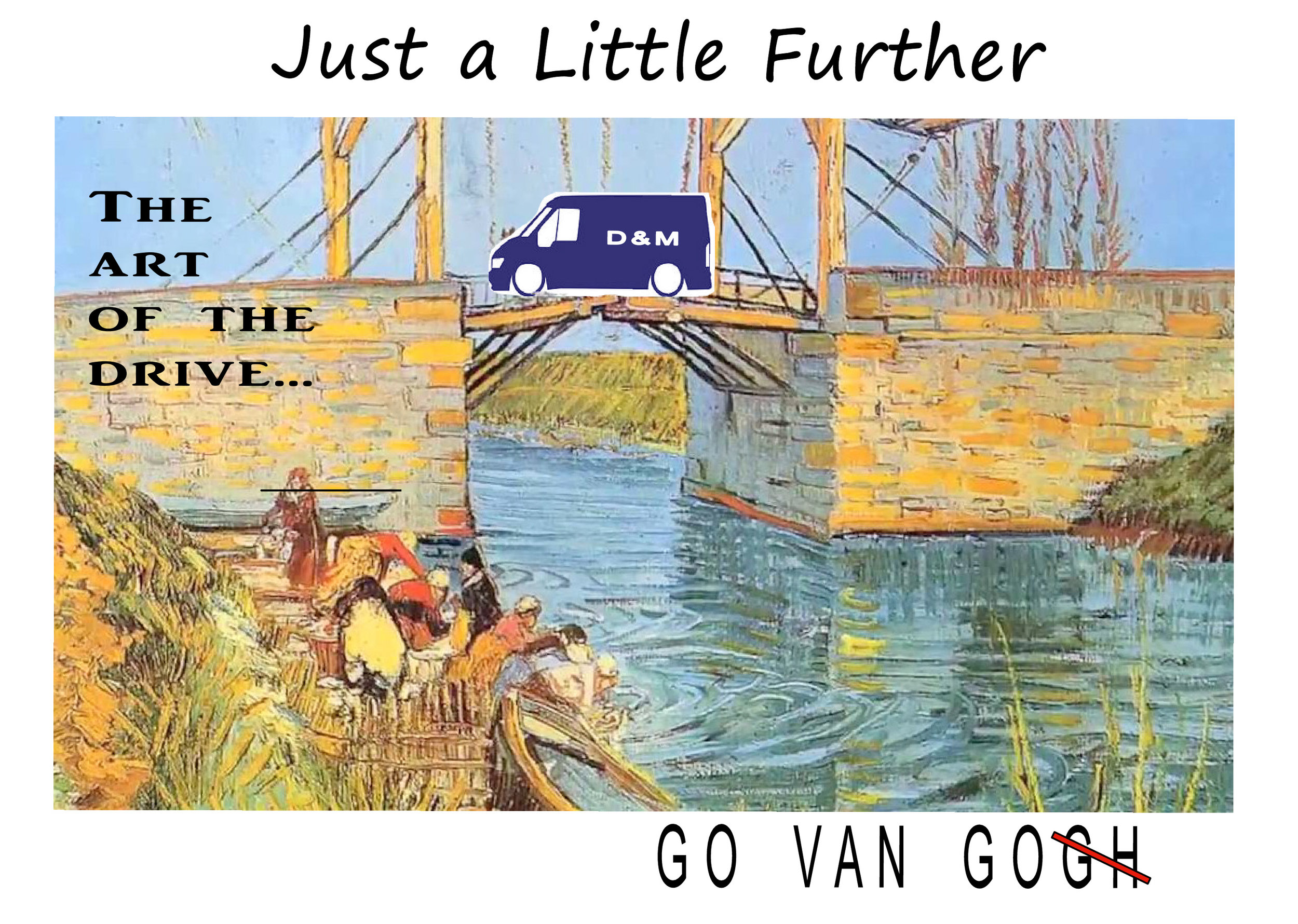Learning the Lingo – RV Talk
/While David is working on layouts and schematics for equipping and upfitting Blue, I’m trying to learn the new lingo. Just as I did two decades ago when bow/stern, forward/aft, starboard/port, galley/saloon were becoming part of my new vocabulary, I’m trying to get a handle on the proper terminology for recreational travel vehicles. I’m a newbie all over again and it’s fun, but there’s so much we/I don’t know and need to learn. I’ve been doing lots of research. Here’s what I’ve come up with so far ...
First off, there’s Class A, B and C recreational vehicles (RVs), plus 5th wheels, pop-ups and trailers. Class A vehicles are the behemoths … huge, as roomy as you can get with lots of amenities. Class B is a converted van or truck … compact, fuel-efficient and relatively small. Class C is a cut-down version of the A … not as big, but with basic amenities and easier to negotiate. Fifth wheels are hauled by heavy-duty trucks and can be as large as a Class A in size. Pop-ups and trailers are mainly designed for short-term vacation trips. This is just a quick explanation in order to identify Blue as a Class B. He’ll be outfitted just the way we want with only the amenities we choose … within reason and space restrictions, of course. After all, we plan to live in him for long periods of time, so he’ll be home just like Cups has been, not just a weekend camper ... which leads me to the next distinction in lingo.
On a boat, we’re referred to as liveaboards … folks who live on their boats full time and consider their boat to be their primary residence. That term has taken on some derogatory connotations in recent years because of derelict boats and irresponsible owners, but that’s what we’re called. On RVs, we’ll be referred to as full-timers (even though we do own a “stick house” in Nevada) since we anticipate that most of our time will be spent living and traveling on Blue.
Then there’s the type of travel/camping we plan to do. A friend (thanks, Nancy Z) who is a cruiser as well as an RV’er has given me a leg up with new phraseology. There’s staying in an RV park with all the amenities… we’d call that a marina. Then, there’s staying at a campground with basic amenities like water, showers and outhouses maybe, but not necessarily electric or sewage hook-ups … like being on a mooring? Then there’s dry-camping aka independent camping aka boondocking which is camping out with no amenities at all … anchoring out. There’s also off-the-grid camping aka dispersed camping, renegade camping, primitive camping or backcountry camping. I think we might call it gunkholing … an out-of-the-way anchorage in some little nook or cranny with no one else around, no amenities, no towns near by … in other words, heaven! And, lest I forget, there’s “glamping” … glamor or luxury camping. I foresee us doing a little of each in the upcoming years.
Living on a boat has definitely prepared us somewhat for van life since there are many similarities. We’re used to a 12-volt world, conserving power and water and living without too much extra “stuff”. We’re familiar with diesel engines, inverters and propane use. We understand the difference between fresh water, gray water and black water and we definitely know all about holding tanks. A marine pump-out station will now be referred to as a “dump station” when we migrate to Blue (unless we get a composting toilet which is under consideration). And shore power will be called shore power … huh!
Though we won’t need one, a vehicle towed behind an RV is called … a dinghy, imagine that. The kitchen is called the galley (hooray). But bedrooms are bedrooms, not cabins,and dining areas are dining areas, not saloons. I think, however, that we’ll easily acclimate to the new glossary of terms without much difficulty and if we screw up once in awhile, who cares ... we’re newbies.




